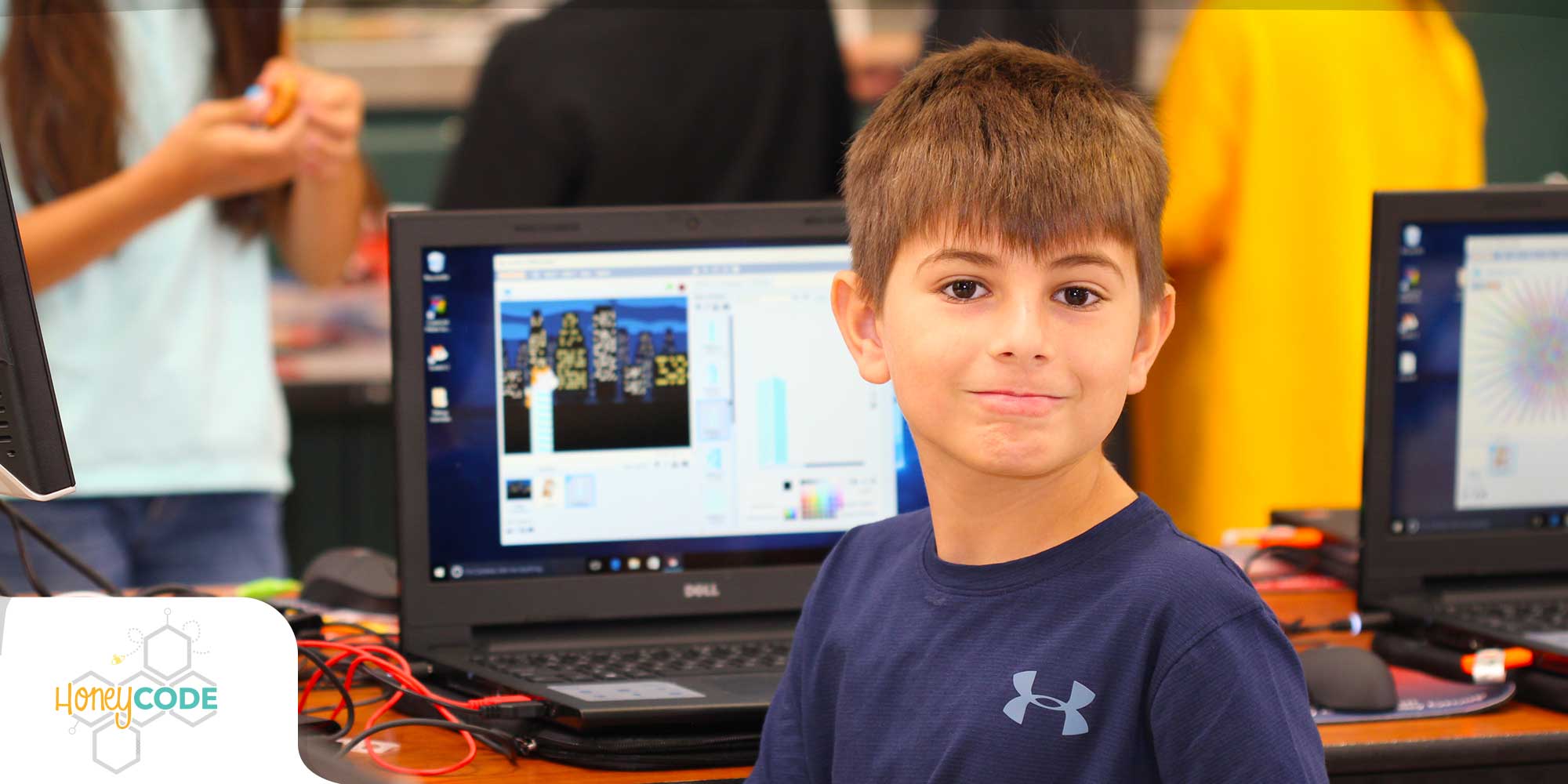How Young is Too Young to Learn to Code?
Dream Enrichment Classes
There is no denying that technology continues to influence the way children view the world. In the 1980s, children knew about computers, but really had very little access to them as first generation PCs were usually designated for business purposes. By the 1990s, children began to interact with PCs through some very basic game playing programs. By the turn of the century, computers were becoming an important tool that was used in almost every child's life.
It seems only natural that children have taken the next logical step and are now learning how to talk to and manipulate computer programs. In increasing numbers, children are being taught how to code or program computers to suit their own needs. Collectively, inquisitive youngsters, say age 4-6, are asking how things work and actually get involved with learning how to program solutions to their own questions.
As adults watch in amazement at the ability of young children to adapt to this new "language," educators like J. Paul Gibson are working behind the scenes to prepare preschoolers and kindergarten-aged kids to be at ease with every aspect of computer technology. It should come as no surprise that Gibson, from the National University of Ireland, is using a game like tic-tac-toe to teach kids how to see a problem and solve it through coding.
Furthermore, the University of Colorado has devised an actual curriculum called Scalable Game Design. That curriculum uses a game like the 1970s-1980s video game Frogger to teach kids how to use coding to get the frogs and vehicles to behave in a manner the kids believe will make the game more challenging.
All of this begs the question, "at what age is it appropriated to start teaching kids how to code software programs?" To formulate a reasonable answer, one should start with the premise that the brain's capacity for procedural memory decreases over time. That's reflected in the notion that children show a higher capacity for learning foreign languages than adults do.
Based on that notion, which is supported by science, it would seem the earlier one starts teaching a kid how to code, the better it will be for the child's prospects of having that innate ability ingrained in their memory. At age 5, when a child's capacity to communicate and learn are hitting stride, that would seem to be the right time to begin training them to understand the relationship between codes and how a computer program interacts with that code.
At the end of the day, there are a few practical reasons why teaching children to be fluent in coding languages will become highly beneficial. At the most basic level, the demand for software programmers and web designers is growing at a much faster rate than the population of people who are trained to fill those jobs.
At a higher level, there is great value to be derived from teaching kids how to think critically and logically. Every day, adults need to solve problems. If technology has done nothing else, it has certainly taught us all that every problem has a solution. Being able to speak the right "language" only makes a child's future problem solving skills more prominent.
Join the club!
Join our VIP (Very Important Parent) Club! Be the first to find out about upcoming classes, specials, and discounts.



